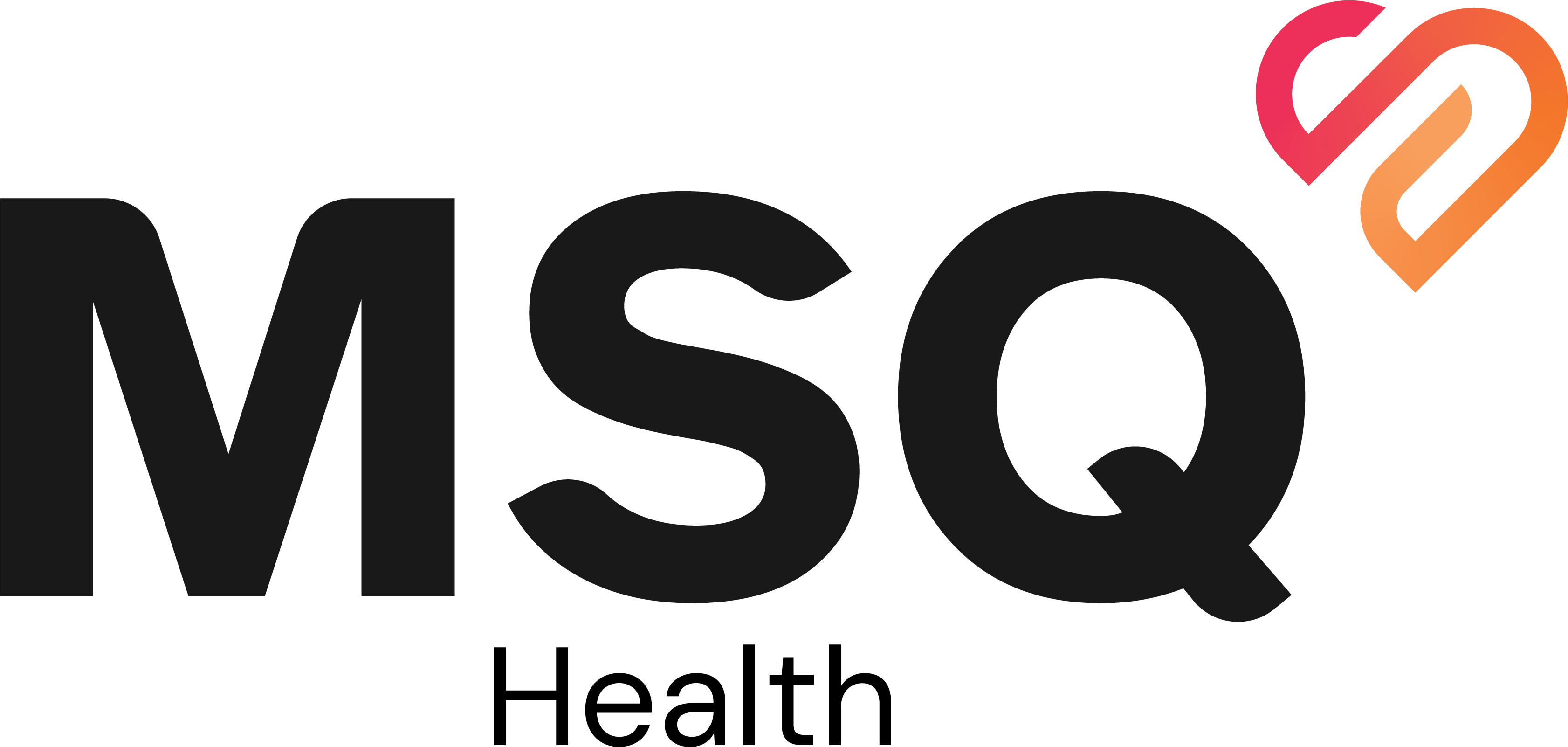Navigating the mental health care system can be challenging for young individuals who, despite appearing well-adjusted, grapple with conditions like ADHD (Attention Deficit Hyperactivity Disorder), anxiety, and depression. The journey from recognizing symptoms to seeking professional help is often fraught with obstacles, including misconceptions about accessibility, costs, and treatment outcomes.
It’s not uncommon for young people to mask their internal struggles, presenting a facade of normalcy. However, upon learning about available mental health services, many feel encouraged to share their experiences and seek help. Unfortunately, the path to diagnosis and treatment can be discouraging. Many report that after mustering the courage to consult professionals, they receive ambiguous assessments, often being told they “may” have ADHD, without a definitive diagnosis or clear treatment plan. This uncertainty can exacerbate anxiety, leaving individuals feeling unsupported and hesitant to pursue further help.
Barriers to Accessing Care
Several factors contribute to the reluctance of young individuals to seek psychiatric assistance:
1. Perceived Inaccessibility:
There’s a widespread belief that securing an appointment with a psychiatrist is an arduous task, with long waiting lists and bureaucratic hurdles. However, MSQ Health has appointments available starting March 2025, providing a viable option for those in need.
2. Financial Concerns:
The cost of mental health services can appear prohibitive. Initial consultations may range from \$250 (psychologists) to \$850 per session, and comprehensive ADHD assessments can cost up to \$5,000. In contrast, surgical procedures like knee ligament reconstruction can cost significantly more—often exceeding \$20,000. Despite this, insurance coverage for mental health services remains limited. For instance, Southern Cross Health Insurance offers up to \$1,200 per year for psychiatrist consultations, while covering \$10,000–\$20,000 for knee surgery. This disparity raises questions about the valuation of mental health compared to physical health.
3. Fear of Unmet Expectations:
There’s an underlying fear that even after investing time and money, the outcome may not align with personal expectations, leading to further disappointment. However, a professional diagnosis and treatment plan can offer clarity and set individuals on a path to meaningful improvement.
Understanding the Value of Professional Expertise
It’s essential to recognize the extensive training and expertise that mental health professionals bring to their practice. Psychiatrists undergo 12 to 15 years of education and training with real patients to learn how to correctly diagnose and treat a myriad of mental health conditions. Their ability to prescribe medication and develop comprehensive treatment plans is grounded in a deep understanding of both the psychological and physiological aspects of mental health. This expertise justifies the associated costs, as it ensures that individuals receive accurate diagnoses and effective treatments with objective follow-ups to assess success.
Comparing Outcomes: Mental Clarity vs. Physical Rehabilitation
While procedures like knee surgery address tangible, physical impairments, mental health treatments aim to alleviate psychological and neurological distress, enhance cognitive function, and improve overall quality of life. Achieving mental clarity can lead to better decision-making, improved relationships, and increased productivity. Both physical and mental health treatments are vital, yet the outcomes of mental health interventions, though less visible, are probably even more transformative and far-reaching.
Encouraging Steps Forward
For young individuals feeling overwhelmed by the process, consider the following steps:
1. Start with Your General Practitioner (GP):
Gaining a referral from a GP can be a crucial first step. They can provide initial assessments and guide you towards appropriate specialists.
2. Explore Private Options:
MSQ Health offers psychiatric appointments starting in March 2025, reducing long wait times and providing expert care.
3. Investigate Funding Support:
Some individuals may qualify for financial assistance. Organizations like Work and Income New Zealand (WINZ) offer disability allowances that can help cover the costs of consultations and treatments.
4. Utilize Support Groups and Resources:
Engaging with support groups can provide emotional backing and practical advice. The ADHD Association of New Zealand offers resources and community connections for those affected by ADHD.
Final Thoughts
Mental health care should be as accessible and valued as physical health care. MSQ Health is committed to providing young individuals with the psychiatric support they need, ensuring that professional help is within reach. Appointments are available from March 2025—don’t let myths about cost and availability stop you from seeking help.
📅 For more information or to book an appointment, visit https://msq.health/psychiatry-service.
– Vinod Govind, Managing Director of MSQ Health

